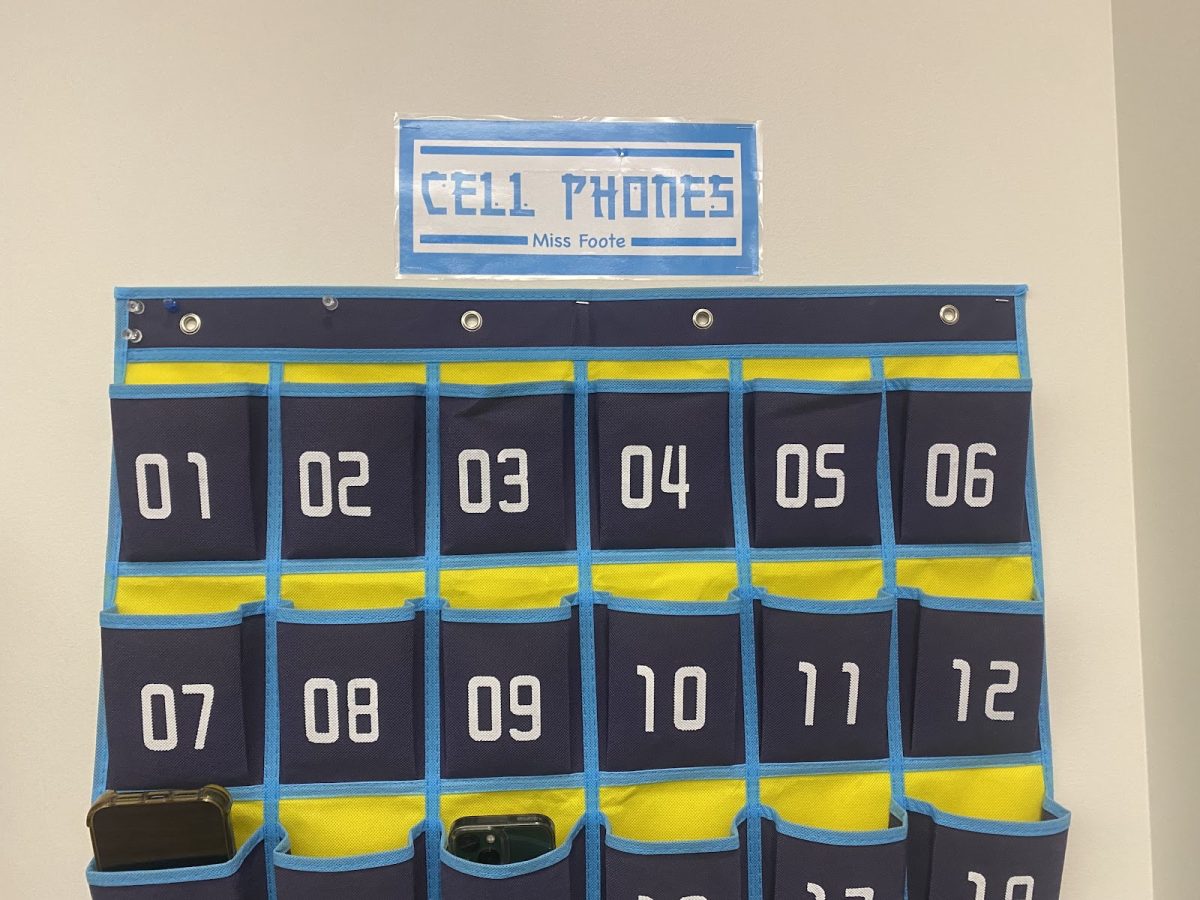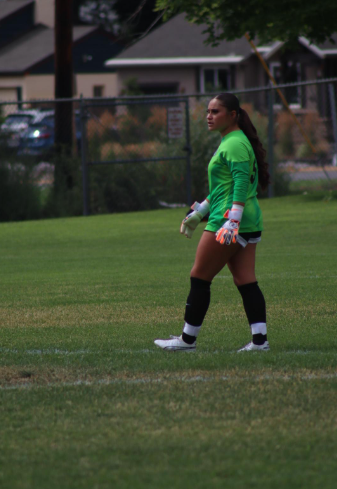HERRIMAN — Going back to school is a stressful time for everyone—especially those starting high school. In an interview, juniors and seniors at Herriman High gave advice to sophomores on how to relieve stress this school year through balance, sleep, and maximizing productivity.
Although Herriman starts at tenth grade, high school is a very different environment from the middle schools freshmen attend. Generally, students are given much more freedom at school and at home. While it’s easy to get caught in the excitement of this newfound independence, high school grades are the most important in all of grade school.
“I think the best advice that I can give to new students is to make sure you keep a good balance,” Emma Arveseth, a junior, told the Telegraph. “Don’t push yourself to the point that you get burnt out.” According to the NIH, levels of burnout among students increased significantly in recent years. A healthy work-life balance is vital to success. A late assignment or two is better in the long term than spending your year in a state of perpetual burnout. Decisions around socializing are also important to avoiding burnout. This might look like planning a day out to take your mind off of school, but it could also mean postponing plans with friends if you’re feeling overwhelmed. “Don’t be afraid to ask for help if you feel [burnt out],” Arveseth added. Talking to a friend, parent, or teacher can help, but if you don’t feel comfortable doing so, journaling on paper or on your phone can also help to relieve these feelings.
Asher Hendricks, a junior, emphasized the impact poor sleep can have on schoolwork: “There were too many days when I kept falling asleep in class, and I started failing.” While getting enough sleep is important–eight to ten hours is recommended for high schoolers—good quality sleep makes the biggest impact on academic success. Being active during the day and maintaining a consistent sleep schedule are easy ways to make your sleep more restful. It’s best to restrict caffeine consumption to earlier in the day. Ideally, caffeine should be cut out entirely, but if you’re set on drinking a Coke every day, it’s better to have it with lunch than with dinner. Scheduling the “Do Not Disturb” feature to activate on your phone an hour or two before you plan sleep makes it easier to avoid screens prior to falling asleep and decreases distractions while you rest.
Senior Blue Martinez suggested that sophomores “try to focus on getting homework done in class” before making after-school plans to avoid being overwhelmed. Many teachers at Herriman have time built into their lesson plan for this exact purpose. When it’s not feasible to complete all work during class, having a set time every day or week makes it easier to complete homework on time, and decide in advance what assignments—or sections of assignments—you’ll do during each session. To stay focused, try having another source of sensory input with you, such as music or a snack, and set timers occasionally to take breaks and ensure you don’t get too far off track.
High school can be hard to navigate for sophomores, and it’s important to have skills to combat the stress that comes with it. Keeping a good balance between schoolwork and personal life, improving the quality of your sleep, and making a schedule for homework are all great ways to minimize the risk of burnout.









